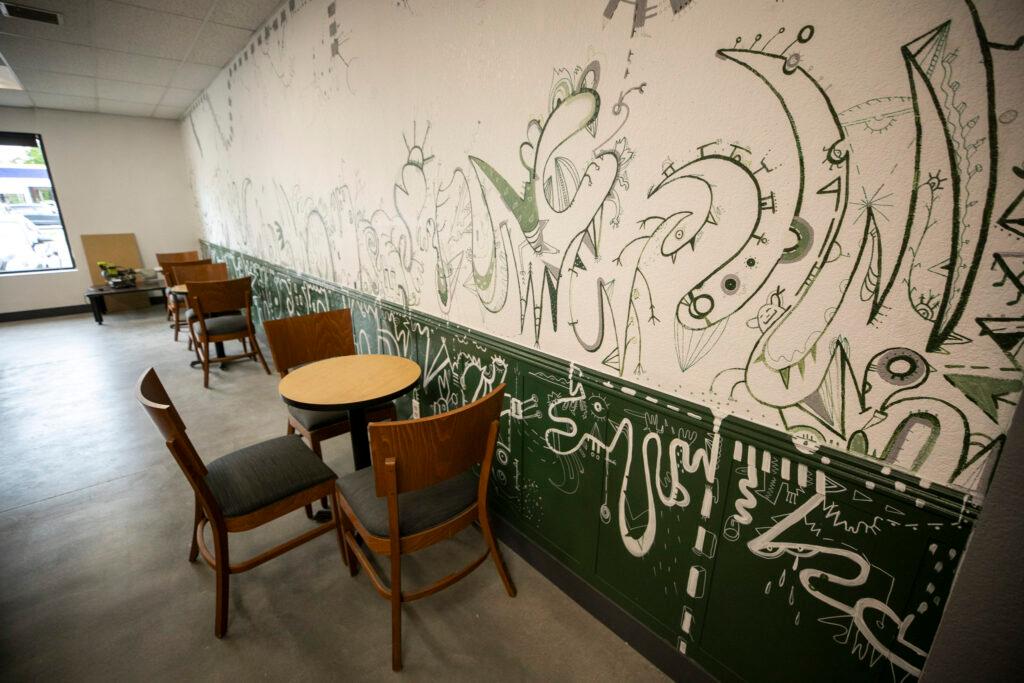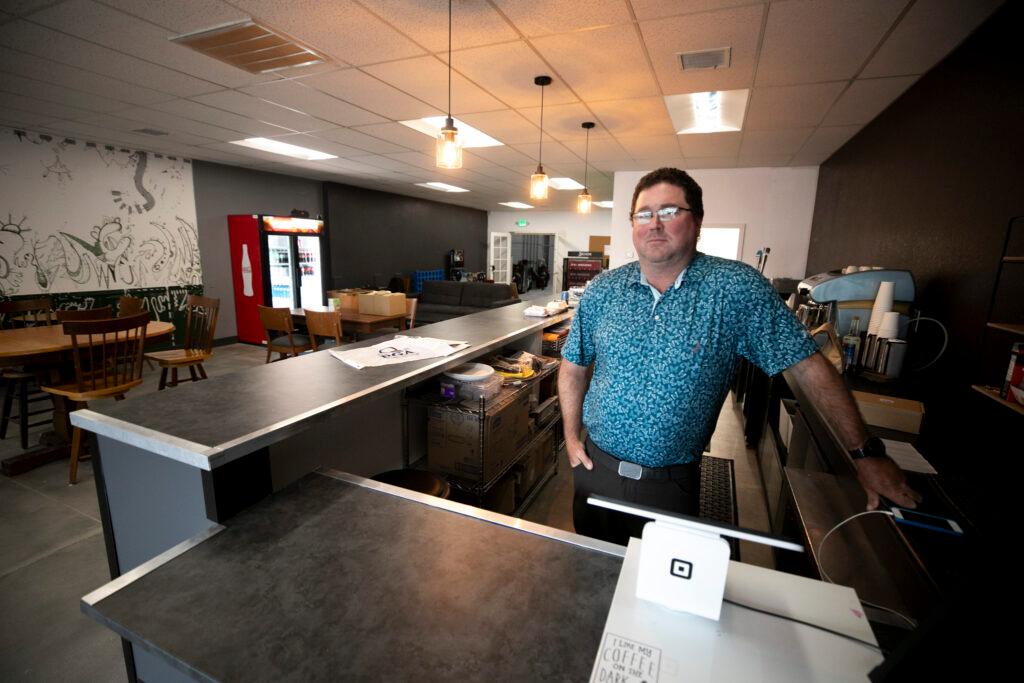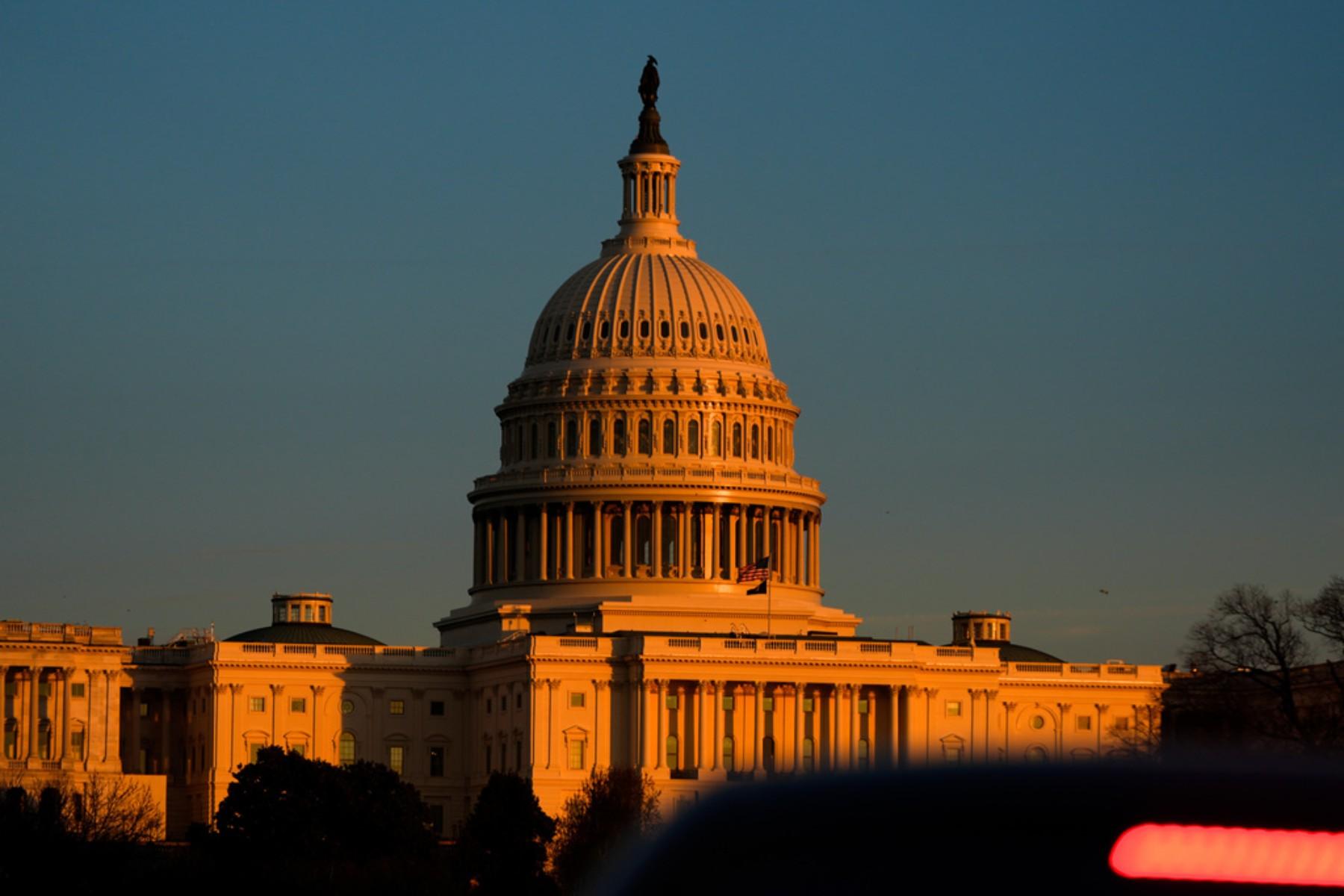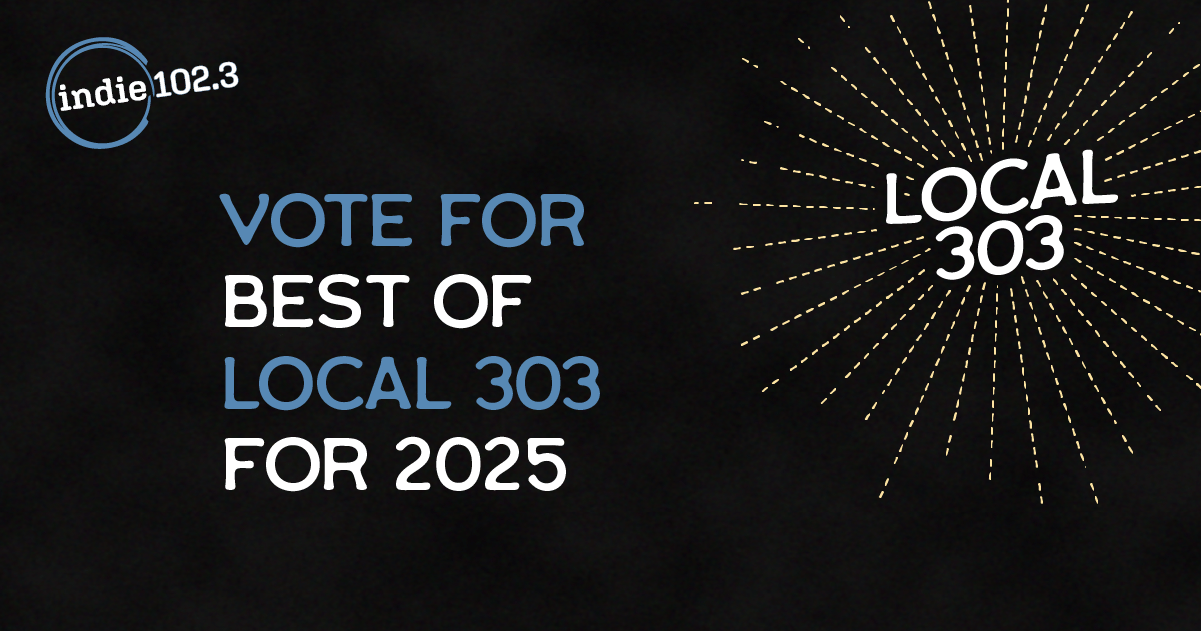
Updated May 30, 2025 at 1:02 p.m.
On a recent Thursday, Kyle McGee was putting the finishing touches on a revamp of what used to be a feed store at a small strip mall in Denver suburb Wheat Ridge.
“We're in the last dash … We’re getting ready to take the paper out of the windows this afternoon, so that’s exciting,” McGee said, before ducking into a quick meeting with the city liquor license inspector.
The hectic day was the culmination of McGee’s vision to open a golf café. It’s a place where people can practice their swing or take a lesson indoors with snacks and drinks.

The business got off the ground with a loan from a community development financial institution, or CDFI. CFDIs are a network of lenders across the U.S. that provide funds to small businesses in low-income and rural areas, as well as to those that can’t get credit from a traditional bank.
Small business owners like McGee may be about to lose that lifeline.
President Donald Trump took aim at CDFIs in an executive order in March. On top of that, the budget bill working its way through Congress strips roughly $300 million from CDFIs to make new loans.
McGee doesn’t think he could have opened his café without CDFI funding.
“Both my wife and I worked very hard and do the very best that we can, but we just weren't in a position to qualify for, I guess what they would call traditional funding,” McGee said. “It wouldn’t have been possible for us.”
McGee is keeping his day job teaching golf at Thorn Creek Golf Club. But he wanted to scratch his entrepreneurial itch.

The café has three golf simulators in back with 265 courses to choose from. The idea is that people can practice without the pressure of being on a real golf course.
“There's nobody behind you … There's nobody in front of you,” McGee said. “If you want to hit the same shot a million times, you can do that. If you want to work on your swing and not play any holes, you can do that as well. And as a bonus, it's more affordable.”

A White House memo calls out CDFI awards as “abused to advance a partisan agenda.”
“Generally, what CDFIs are focused on [are] women-owned, veteran-owned, low-income, minority-owned businesses,” according to Nim Patel, COO of the Colorado Enterprise Fund, the organization that gave McGee his loan.
Lenders like the Colorado Enterprise Fund get their money from various places, including private investors and philanthropists. They also get it from the U.S. Treasury department through something called the CDFI fund. That's the fund that the administration is targeting for cuts.
“The CDFI fund, essentially getting defunded will have ripple effects down to small businesses, which essentially will result in lack of access to capital for a lot of these businesses,” Patel said.
Since the program started in 1994, CDFIs have awarded roughly $7.4 billion to small businesses in the U.S. In Colorado, CDFIs have awarded $715 million through 35,000 loans. That’s separate from tax credits CDFIs deploy to attract private investment to low-income communities.
The Colorado Enterprise Fund gets most of its cash from sources other than the federal government, according to Patel. It will be able to keep making loans even if Congress passes the budget cuts, he said. But, according to Patel, a lot of lenders in the program don’t have those resources. Some may even go out of business, taking vulnerable small businesses with them.
“When you think about a vibrant main street and wanting to have that whole ecosystem of very diverse businesses, likely in the short term, you'll see some of that go away,” Patel said.
CDFIs fund everything from affordable housing projects to childcare facilities. Their reach spans multiple industries at various points in the business lifecycle. For instance, the Colorado Enterprise Fund lends to retail, manufacturing, health care and food service companies, among others. About half of its clients are new startups.
“I don't think any of us in the industry are going to walk away from being a CDFI,” Patel said. “We'll still go through the compliance. We'll still go through all of the processes that we need to maintain our certification. And then fingers crossed that there's a change in approach.”

For McGee, the golf café is a natural extension of the work he’s done for years in the hospitality business. He was a bartender and a cook in New York City and Denver.
He hopes the golf cafe will be a bridge to a new phase for him and his family.
“My wife and I sat down and we talked about ‘What do we want to do? What does our future look like?’ We wanted something that was our own and having a lot of experience said, ‘OK, well let's put this together,’” he said. “We all have to work and we all have day jobs and hopefully eventually maybe our day jobs become this.”

Editor's note: This story has been updated due to an error. Nim Patel is the COO of the Colorado Enterprise Fund.









